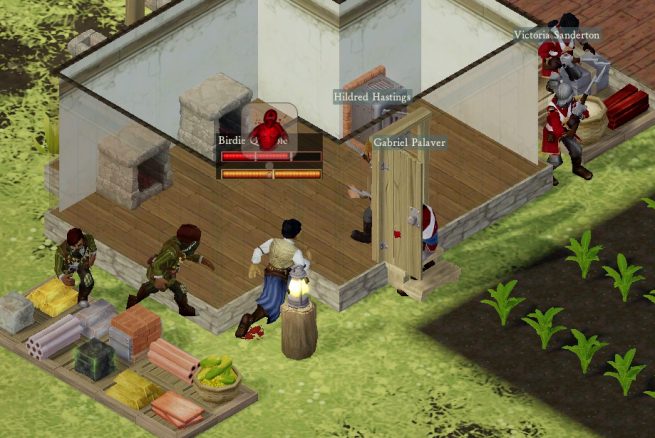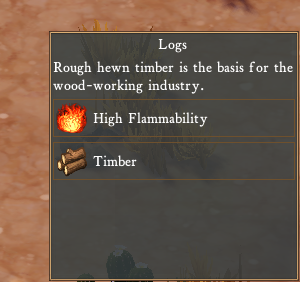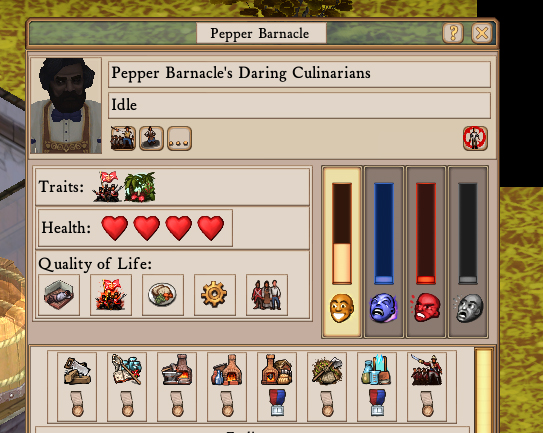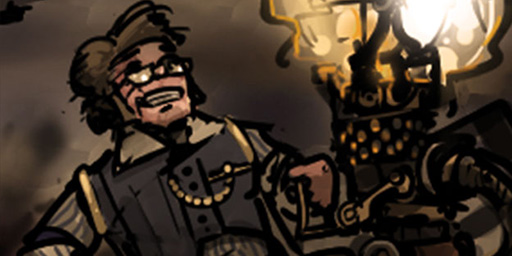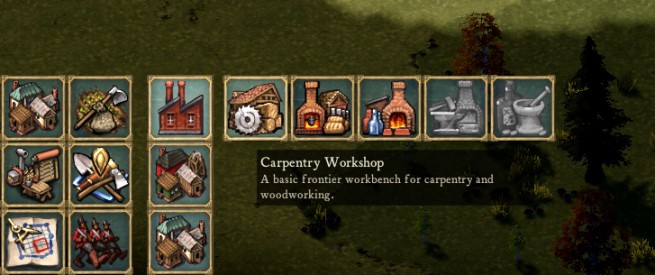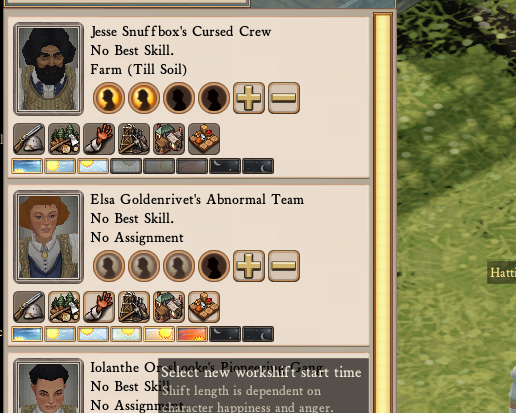The official 1.0 build of Clockwork Empires will be launched October 26th!
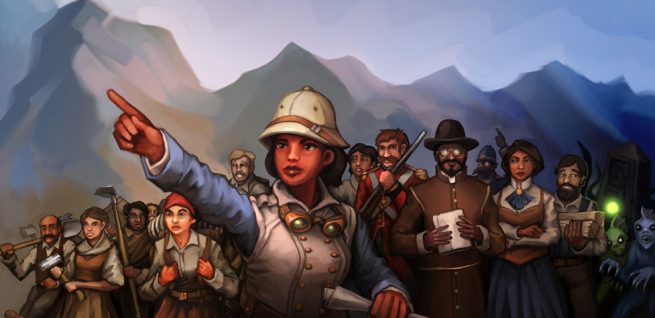
We first released the game for purchase in “Earliest Access” over 2 years ago, and we’re proud of just how far the game has come, in part thanks to our dedicated early-access players. Clockwork Empires has changed quite a bit but, the central concept has stayed the same: manage the growth of a colony of settlers on the steampunk frontier, as they learn to deal with the horrors of the unknown.
We’re putting a hold on the “Experimental” builds leading up to the launch date so we can surprise you with some more stuff when the time comes, but expect new events, more cults and monsters, along with all the other polish that you would expect as the doomsday clock ticks ominously forwards to midnight and version 1.0.
This will, of course, not be the last update for Clockwork Empires, but we have reached the point where we feel that the important elements are all here (or will be before The Time). We will of course continue to find and fix bugs as they appear, add content and adjust the balance of the game beyond version 1.0 – while the game won’t see support forever, just like our previous title Dungeons of Dredmor, the journey doesn’t end on release.
If you’re interested in the road that we traveled to get to this point, I would invite you to take a look at the Development Progress report that we have kept up-to-date every month since August 2014. (And if you’d like to check out the game in the weeks before release – or just wishlist it – the steam store page can be found Here.)
We want to thank everyone who has been a part of this journey with us: supporting us by buying Clockwork Empires, talking with us about your experiences, pointing us at new (and sometimes old) bugs, sending us saves and crash dumps, and giving us suggestions to improve it. I can, without any reservation, say that we could not have done this without you. We are grateful to be able to create games for you, and doing it with you has been an amazing experience.
Long live the Clockwork Empire!


